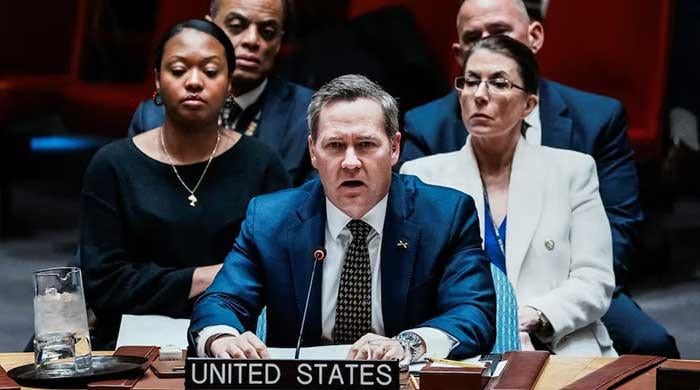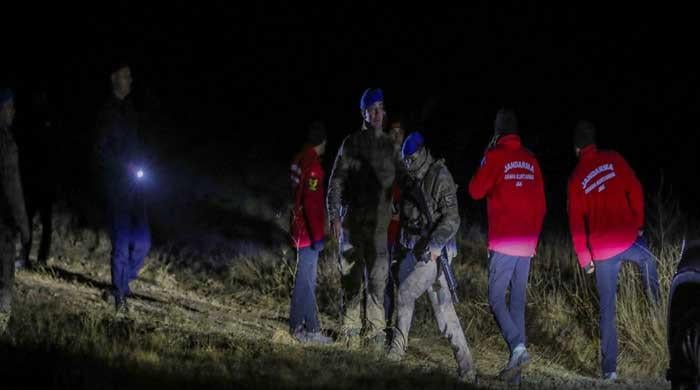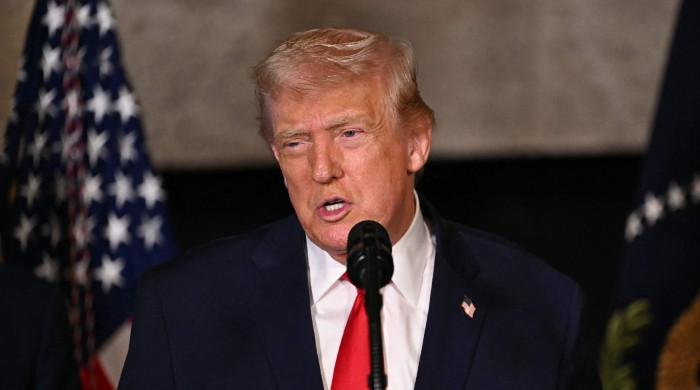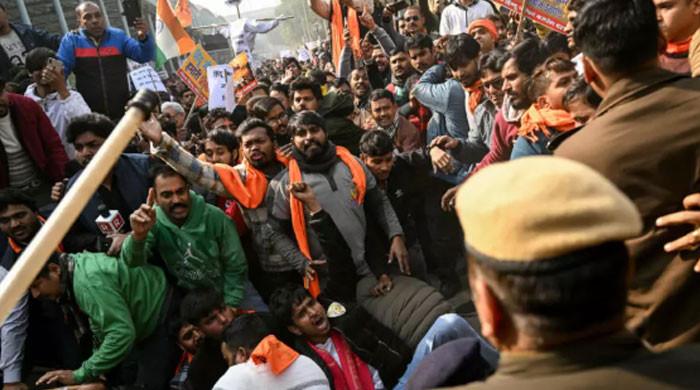India, Canada spar over Khalistan Referendum through travel, safety advisories
The tensions flared up after Trudeau government issued travel advisory to its citizens warning them about potential security threats
September 29, 2022
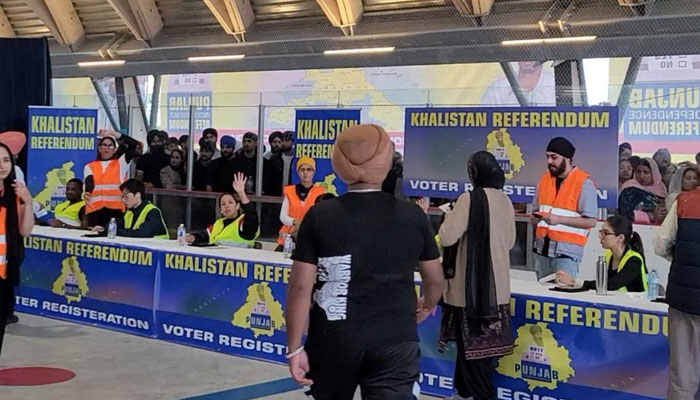
- Canada declares Indian side of Pakistan-India border unsafe for Canadians.
- Excludes Wagah Border used By Sikh pilgrims from security threat.
- Sticks to its stance of protecting Canadian Sikhs’ right to freedom of speech.
LONDON: After over 110,000 Sikhs came out to vote for the Khalistan Referendum in the Canadian city of Brampton, a public diplomatic row has erupted between Canada and India.
The tensions flared up after the Trudeau government issued a chilling travel advisory to its citizens warning them about potential security threats in case of travel to several states of India particularly Punjab, the proposed Sikh homeland Khalistan.
This development came exactly four days after India issued an aggressive advisory on September 23 for Indian nationals and students living in or planning to travel to Canada to remain vigilant, amidst increasing incidents of crimes and anti-India activities in the country.
The Indian external ministry’s advisory also said Canada had become a hotbed of pro-Khalistan and anti-India activities. At the same time, India’s Foreign Office also openly attacked the Canadian govt for shielding the Canadian Sikhs’ rights to freedom of expression.
In an unprecedented tit-for-fat move, Canada also advised its citizens to avoid all travel to areas in states of Gujarat, Punjab, and Rajasthan, which share borders with Pakistan due to the “presence of landmines” and “unpredictable security situation” on the Indian side of the border.
Conspicuously, while listing the threats on the Indian side of the border, Canada specifically did not include Wagah Border, which falls in Punjab and is heavily frequented by Sikh pilgrims to visit Gurdwaras in Pakistan, in the list of ‘unsafe territories’ and declared it safe. The Canadian Advisory clearly states: "This advisory excludes the Wagah Border crossing.”
Seemingly, what lies at the bottom of the ongoing trade of travel advisories between the two countries is the dissenting views of India and Canada on the issue of Khalistan Referendum.
While India, after domestically declaring the advocacy, campaign, and voting in Khalistan Referendum as a "crime" and "terrorism" and prosecuting the campaigners in Indian Punjab, is now insisting that Canada must also officially ban Khalistan Referendum activities on Canadian soil, whereas Canada has taken a firm stand that peaceful and non-violent secessionist advocacy on its soil such as Khalistan Referendum voting, is a protected exercise of freedom of speech by the Sikh Canadians.
Clearly pointing to India's perverse use of landmines along the border areas, which could harm and kill Indian citizens and other innocuous tourists before harming any purported enemy, the Canadian advisory states: “Avoid all travel to areas within 10 kilometres of the border with Pakistan in the following states due to the unpredictable security situation and presence of landmines and unexploded ordnance: Gujarat, Punjab Rajasthan.”
Earlier, India’s external affairs ministry spokesperson Arindam Bagchi said India had raised with Canada serious concerns on the Khalistan Referendum voting.
“The matter has been taken up with the Canadian authorities through diplomatic channels. The government of Canada has reiterated that they respect the sovereignty and territorial integrity of India and they will not recognise the so-called referendum which is taking place in Canada,” the spokesperson said.




